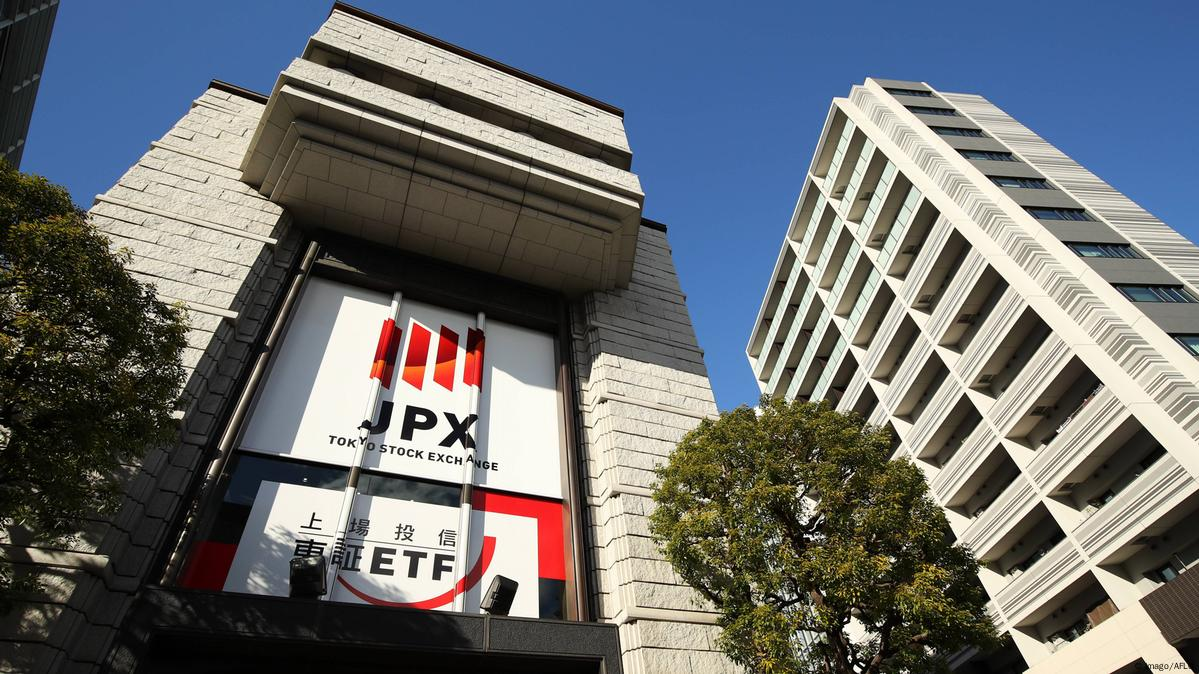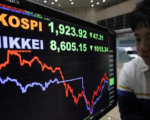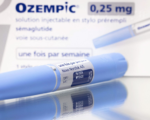Japan Stocks Gain Amid Record Budget Proposal; Asia-Pacific Markets Mixed

Japan’s Nikkei 225 rose 1.12% to close at 8,220.9 on Thursday, while the Topix index added 1.20%, ending at 2,766.78. The gains followed reports that the Japanese government plans to propose a record ¥107 trillion ($735 billion) budget for the fiscal year starting in April, reflecting increased allocations for social security and debt-servicing expenses, according to a draft reviewed by Reuters.
The Bank of Japan’s Governor Kazuo Ueda also expressed optimism on Wednesday, stating that Japan’s economy is likely to achieve sustainable and stable 2% inflation accompanied by wage growth by 2025. The 10-year Japanese government bond yield edged up 1.3 basis points to 1.078%, while the yen strengthened to 157.16 against the dollar, indicating market anticipation of potential interest rate hikes.
Among Japanese stocks, automakers Nissan and Honda surged 6.58% and 3.84%, respectively, as both companies initiated formal merger talks earlier this week. If successful, the merger would create the world’s third-largest carmaker by sales. Conversely, Japan Airlines slipped 0.24% after a cyberattack caused delays to domestic and international flights, although its systems have since returned to normal.
Elsewhere in the Asia-Pacific region, South Korea’s Kospi dipped 0.44% to 2,429.67, and the Kosdaq fell 0.66% to 675.64. Political tensions intensified as the opposition Democratic Party submitted a bill to impeach acting President Han Duck-soo, with voting expected on Friday. E-Mart shares gained 5.45% following reports that Alibaba Group Holding is nearing a deal to integrate its South Korean business with E-Mart’s e-commerce platform.
China’s CSI 300 posted slight gains, closing at 3,987.48, after the World Bank raised its GDP growth forecast for the country to 4.9% for 2024 and 4.5% for 2025, citing recent policy adjustments. The Chinese government also reaffirmed its commitment to stabilizing the real estate market, announcing measures to control the supply of commercial housing.
Singapore’s manufacturing output grew 8.5% year-on-year in November, driven by robust performance in the electronics sector. However, the figure fell short of Reuters’ 10% growth forecast, and on a month-on-month basis, output contracted by 0.4%, missing expectations for a 0.8% increase.
Markets in Australia, New Zealand, and Hong Kong were closed for the Boxing Day holiday, while U.S. markets were also closed overnight for Christmas. On Christmas Eve, U.S. stocks rallied, with the S&P 500 climbing 1.1% to 6,040.04, the Dow Jones Industrial Average adding 0.91%, and the Nasdaq Composite advancing 1.35%, supported by Tesla’s 7.4% surge.
The rally marked the beginning of the “Santa Claus rally,” a period typically associated with gains during the final trading days of December and the first two in January.




















